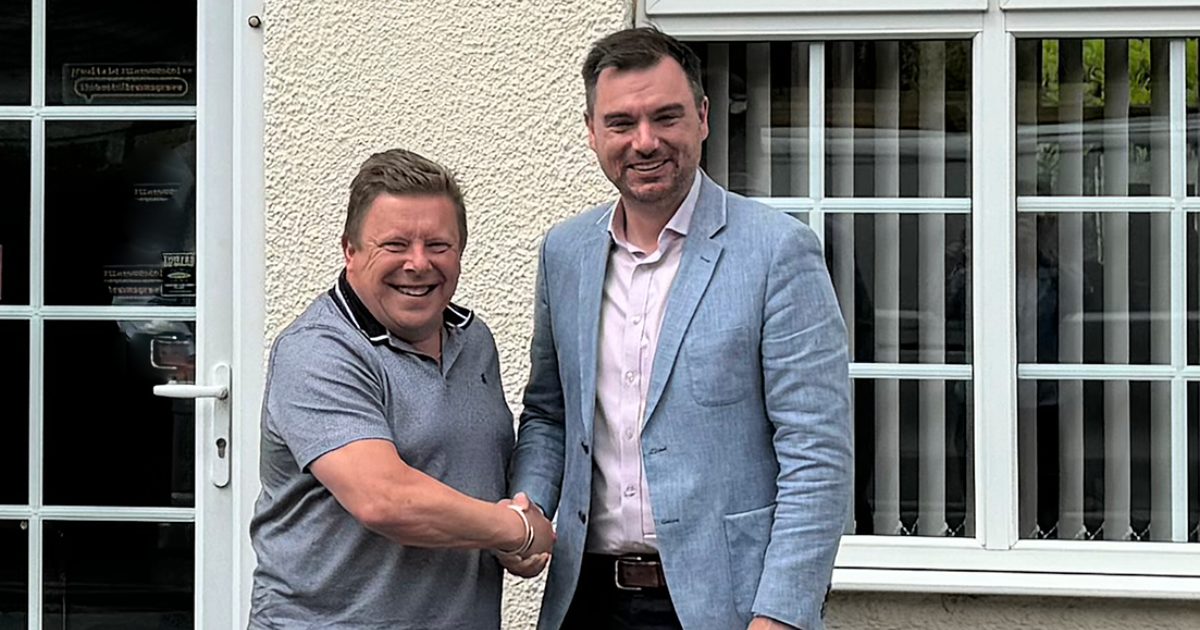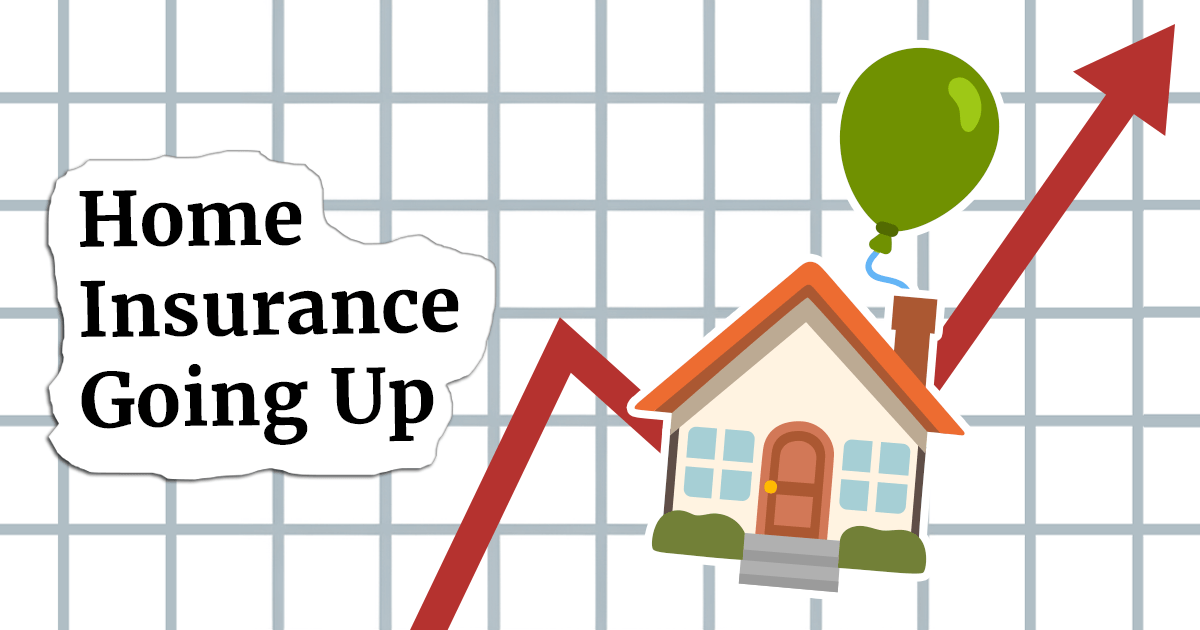If you’re wondering why your car insurance premium is so high in 2023/24, you’re not alone. Many people are facing higher premiums this year, due to many factors.
The team here at Jukes Insurance Brokers have never encountered anything quite like this. As brokers, we’re taking action to shield our customers from this as much as possible, by shopping around and negotiating deals on their behalf.
It’s not just us…
Throughout the industry, we’re hearing reports of price increases. Recent data from the Consumer Intelligence (which looks at quotes from some of the largest insurers and comparison sites) revealed a 67.2% increase on average in the year to November 2023.
Other motor policies are also feeling the squeeze, whether its Van Insurance, High Net Worth and Motor Fleet Insurance.
In this blog, we will shed some light on these factors contributing to the unprecedented surge in car insurance premiums.
Increase in claims and costs
The cost of insurance policies was generally lower than forecast during the COVID-19 pandemic, as there were significantly fewer claims because people were staying home. Some insurers passed these savings on to customers in their premiums.
Now that everyone is back on the roads again, insurers have put up their prices – which now seem much greater than in other years. Insurers now face the challenge of balancing their books, resulting in higher premiums.
It’s not just car insurance, home insurance is also on the rise, see more below.
Escalating car repair costs – parts and labour
The cost of vehicle parts and labour for repairs has risen significantly, adding to the overall cost of insurance claims. A recent survey estimated that 72% of independent and dealer garages have experienced delays in getting parts since the start of the year.
In addition to these factors, the supply chain has been impacted by:
- The COVID-19 pandemic caused a backlog that is still present today as manufacturers experienced shutdowns. Even though lockdowns are over, the backlog it caused is still there.
- The labour shortage has had a big impact. Since the freedom of movement has ceased, it’s harder to find workers from overseas to fill vacancies, leading to a shortage of HGV drivers. In addition, importing parts can be more expensive now.
There are too many other factors to detail, including conflicts, cost of energy, and more technologically advanced components. Considering the scale of some of these issues, they are unlikely to be resolved anytime soon.
Rising prices of second-hand cars
Several factors have contributed to the inflation of second-hand vehicle prices. Your car is worth more, but so is everyone else’s, neutralising the benefit unless you’re considering not driving at all. This was driven by a decrease in the production of new vehicles, caused by COVID-19.
According to Auto Trader, the average price of a second-hand car has increased by 30% in the past three years.
Increased hire costs
Considering insurers use courtesy cars whilst a vehicle is in repair, the increased cost has had a knock-on effect on hire vehicles. Combine this with longer claims caused by other factors and this has become an even greater financial strain.
Rising car thefts
Car theft rates have rocketed by 40% in the first six months of 2023 with Range Rover models being prime targets.
This is in part caused by the supply chain issues and increased cost of parts which criminals can salvage, and is exacerbated by the number of keyless thefts. To protect against this, we’d suggest checking out this article about how to avoid keyless theft by Auto Express, linked here.
Impact of Electric Vehicles
Electric Vehicles have brought a new dimension to claims costs. Analysts suggest that claims are 25% higher for electric cars, and also take about 14% longer to repair than a diesel or petrol equivalent. Some reports also suggest that EVs or hybrids are more likely to be written off than their petrol and diesel counterparts.
Even if you don’t drive an EV, petrol and diesel motorists will still be having ‘at fault’ claims against EVs that make it more expensive.
Chances are claims costs will reduce with time, as garages become more familiar with EVs and the supply chain catches up to demand, but we are likely talking years rather than months for that to happen.
Inflation impact
To no one’s surprise, the cost of living crisis and inflation by itself is not helping matters either. These escalating costs are all coming together to become a headache for motorists and insurers alike.
The end of dual pricing
In January 2022, the Financial Conduct Authority (FCA) stopped dual pricing, a practice where insurers charged new customers less than existing customers for the same cover. This was a positive step for loyal customers, but it has led to higher premiums for those who regularly shop around.
The reason for this is some insurance providers used to sell policies at a loss, hoping the customer would auto-renew at their higher renewal price in the subsequent years. It’s a practice known as ‘price walking’ which has rightly been stamped down on, but as a result the pricing models for significant parts of the industry have had to change.
How car insurance works?
Car insurance works by pooling the money that all drivers pay via their premiums. This money is then used to pay out claims to those who are involved in accidents. Generally, the people at higher risk will pay a higher amount, but any increase is usually felt across the board. In the past few years, cars have become more complex and expensive to repair, which has affected everyone.
As you know, car insurance is a legal requirement and drivers must have Third Party cover as a minimum.
What can you do?
The rising cost of car insurance is a concern for many people, but there are some things you can consider to keep your costs down:
- Make sure you have the right level of cover
- Consider increasing your voluntary excess
- Avoid overpaying on cover you do not need
- Use a reputable broker and avoid going direct. Using a single insurance company can be more costly and limits your options.
By choosing the right insurance broker, we can help simplify things and be there by your side when you need advice on a change or support on a claim.
Warning
Do not compromise on cover to secure a lower price, as this could cost you in the long run. Please be aware of your responsibility to provide an accurate presentation of your risk, including claims history, driving licence points, criminal convictions and more.
Any failure could result in cancellation or a voided policy.
What are we doing?
Despite the obvious challenges, we’re continuing to shop around on behalf of our customers to try and minimise cost increases by negotiating on your behalf.
We compare against a panel of insurers to ensure your premium is competitive without compromising on cover.
It’s times like these that brokers like us prove our worth, by offering additional protection. Our dedicated claims team can help you get on the road again sooner by fighting your corner.
Contact us today for a free car insurance quote. If you’re interested in using a broker, give our friendly team a try. Call us on 01527 874092, email info@jukesinsurance.co.uk or fill in the form below and we’ll be in touch.
Get in touch if you have any concerns about any upcoming policy. If you’re planning on making changes to your policy, let us know as soon as possible. Call us on 01527 874092, email info@jukesinsurance.co.uk or fill in the form below and we’ll get back to you.





